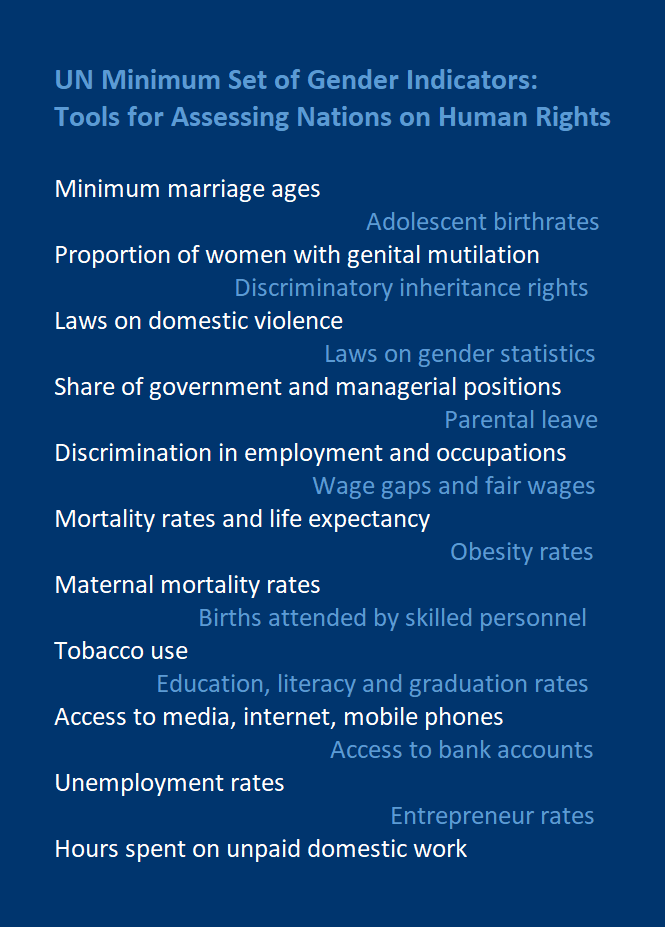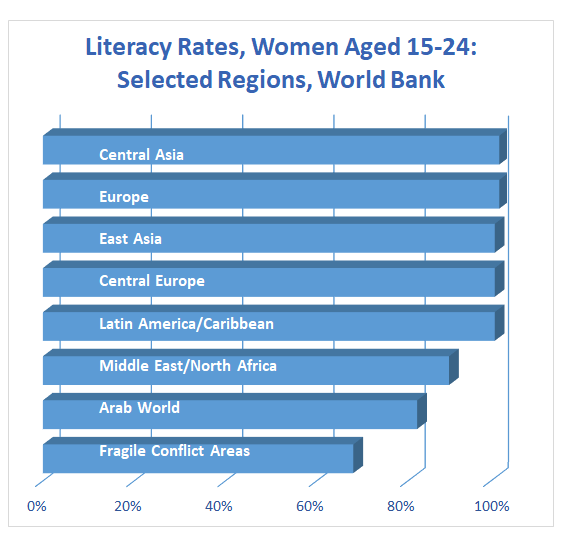Human Rights, Women, Globalization: Eurasia Review
Women represent nearly half the world’s population yet confront inequities that include dowry requirements, female infanticide and sex-elected abortions as well as with health, poverty, education and domestic violence. Women should understand that globalization favors self-reliant and self-regulated economic enterprises, suggests Rajkumar Singh, a professor of political science. Securing human rights requires an understanding, and development of the concept differs in eastern and western cultures, emerging from religious, social, philosophical and economic codes of conduct to counter oppression. Singh categorizes human rights: a first generation of classical political and civil rights, a second generation of socioeconomic rights, and a third generation emerging from “the worldwide anti-imperial movement in different parts of the world” that “includes cultural rights, environmental rights, right to development, minority rights.” Societies, including women, are in an unending battle against persecution and injustice. – YaleGlobal
Human Rights, Women, Globalization: Eurasia Review
Women, in an unending battle against persecution and injustice, must note that globalization favors self-reliant and self-regulated economic enterprises
Friday, August 2, 2019
Read the article from Eurasia Review about women's human rights.
Rajkumar Singh, PhD, is professor and head of the P.G. Department of Political Science, BNMU, West Campus P.G. Centre, Saharsa, Bihar, India.


Eurasia Review
Copyright Eurasia Review. All rights are reserved.